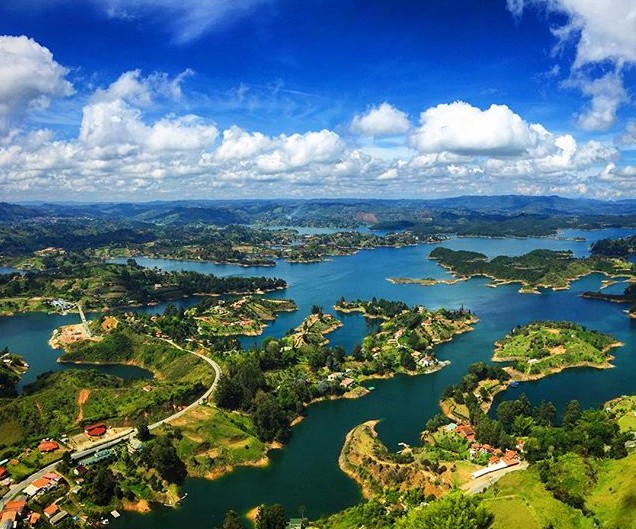During my recent travels, I had a random (and arguably unimportant) realization—that two of the main definitions for the word trip are extremely interrelated:
Trip (n):
1. an act of going to a place and returning; a journey or excursion, especially for pleasure
2. a hallucinatory experience/an exciting or stimulating experience/a self-indulgent attitude or activity
When I was breaking the plans to friends and family ahead of my recent adventure, I was fortunate to receive their near-unanimous support.
Once on that trip, however, I met many people that weren’t so lucky in this regard. Where they expected or needed encouragement back in exchange for their plans, they instead received accusations of selfishness, neglect, or even abandonment.
Similarly, tripping in a more organic fashion is often seen as similarly hedonistic, and comes with its own batch of warnings (both warranted and unfounded), stereotypes, and judgement.
But both, if done safely, can take you to places you’ve never been before, then return you home with a cleansed lens of perspective, allowing you to see the familiar in a completely different light.
(And after meeting many serial travelers on the road, some of which had ended up neglecting or abandoning another life back home, I’m not so sure travel couldn’t be classified as a drug, too).
—
I vividly remember being at the top of El Peñol near Guatape, Colombia when this thought forced me to scribble fervently in my notebook.
A 7,000-foot tall rock towering over everything around it, climbing El Peñol’s 740 steps rewards your efforts with a breathtaking view as you try and catch your breath before passing out (as one fellow hiker did at the top):

Overlooking the series of lakes that once housed a lakeside getaway of Pablo Escobar (who probably enjoyed a few trips in his lifetime), I felt…light (beyond just my brain being short on oxygen), reflective, and sentimental. Trying to take in every ounce of the view I could, I began to think about how different the first six weeks of my trip ‘felt’ so different compared to the current stage of my three-month trip.
Although the beginning of my travels felt nothing short of precarious and wobbly, I realized that even though everything about my travel life that autumn was new and shiny—novel places, people, and experiences in every direction I stepped—the memories of the first six weeks especially felt this way because in a way, I was blind.
In my head, these earlier memories seemed ‘faded’ due to of course both the passage of time and ignorance to my surroundings, but also because the flash of the novel was everywhere, to the point where I often felt overwhelmed and many times, vulnerable.
When traveling solo (or even with someone), you have two choices: remain in the dark and reject this blinding, new reality around you by doing the most familiar things you can find in an unfamiliar world. The upside to doing this is that you are probably less likely to get yourself into a compromising and/or uncomfortable situation.
Or, you can be so open to the experience that you temporarily blind yourself as a whole new way of being sinks its way into your skull. You can use your ego as a shield and remain unchanged, or ditch it entirely and willingly grope blindingly through the world as you regain your senses (or some illusion of them).
In my limited experience with trips, those options are mutually applicable.
—
Long-term expats and serial travelers would probably attest that truly adjusting to a place takes a lot longer than just a few weeks. Instead it takes months, years, or is a never-ending process of both macro-adjustments (like figuring out how to order something in a restaurant), and less obvious micro-ones (like the adjustment of your tone and mindset when greeting someone).
Conversely, veteran psychonauts would probably affirm that their kind of journeys also take a certain amount of preparation, education, healthy fear, and of course open-mindedness to get the most out of them.
Both also take a combination of mental calibration with a heavy dose of concession and surrender to your new, and ever-changing environments. As you start to adjust and learn bit by bit about the new world you are in, you start to piece together clues about where you are, and then, who you are.
These stages in a trip often coincide with our location as we move around, but the passage of time is often also marked in our memories with other things too such as mood, time of year, or learning something that brings us a small epiphany.
Which makes sense, as the end result of trips is seeing and experiencing the world in ways you could never imagine, and in ways you could never explain accurately to someone that wasn’t there.

